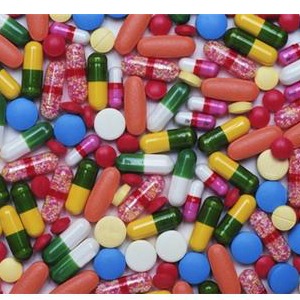GPs have been advised they should no longer prescribe patients domperidone for dyspepsia or gastro-oesophageal reflux disease, after the European regulator ruled the drug’s potential to cause cardiac side effects outweighs its benefits in these indications.
The drug – brand name Motilium – should now be used only for relief of nausea and vomiting, for which it should be prescribed at the lowest possible dose and usually for no longer than one week, the European Medicines Agency said.
In addition, the maximum daily dosages of domperidone have been reduced to 30 mg (10 mg three times a day) for adults and adolescents over 12 and weighing 35 kg or more, while for children under 35 kg the recommended maximum daily dose is now 0.75 mg/kg body weight.
The restrictions – also announced by the UK’s Medicines and Healthcare Products Regulator Agency – come after a Europe-wide review found domperidone was associated with an increased risk of serious adverse cardiac drug reactions including prolonged QT interval, arrhythmias and sudden cardiac death.
The drug, which is also available from pharmacies without a prescription, should not be used at all in people with cardiac problems or severe hepatic impairment, or in conjunction with other medications known to prolong QT or with potent inhibitors of the CYP3A4 enzyme, including certain antibiotics such as clarithromycin and erithromycin.

















